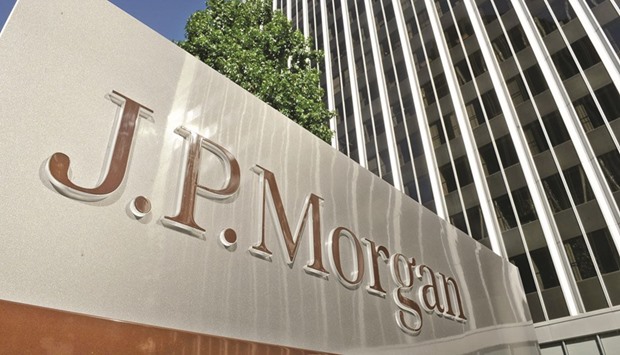Top arrangers of emerging-market Eurobonds are readying themselves for another year of shrinking business.
JPMorgan Chase & Co, the third-largest organiser of bonds in euros and dollars this year, expects governments and companies in developing nations to cut issuance by 9% in 2016. HSBC Holdings, which topped the board by managing 10% of the offerings since January, says depressed commodity prices and geopolitical conflicts will deter some borrowers, especially those in emerging Europe, Middle East and Africa, from raising cash.
The outlook is bad news for deal managers who saw Eurobond sales plummet 29% in 2015 to a four-year low of $334bn, according to data from JPMorgan. An increasing number of borrowers in the developing world are putting projects on hold as China’s economy grows at the slowest pace in 25 years, Russia and Brazil struggle with recessions, South Africa grapples with the lowest commodity prices this decade and Turkey’s security situation deteriorates.
“With that sort of backdrop, this year was always going to be challenging,” Adil Kurt-Elli, the head of debt capital markets for central and eastern Europe and sub-Saharan Africa at HSBC, said by phone from London. “There is little to suggest that we will see a different picture in 2016.”
Declining borrowing needs of governments will act as an additional drag on issuance. JPMorgan projects sovereign redemptions will drop 38% to $27bn.
That, in turn, may steer a 22% decline in issuance out of emerging markets to $65bn, the bank predicts.
With expectations that the Federal Reserve will increase interest rates only gradually, borrowers also won’t be rushing to the market to lock in lower costs, according to Kurt-Elli. “In real terms, we will remain in an extremely low rates environment,” he said. “A rate rise is unlikely to cause any acceleration in funding plans as this has been priced into the market for some time.”
Among corporate issuers, sales will languish most in Asia and Latin America, while the area spanning central and eastern Europe, the Middle East and sub-Saharan Africa may witness a pick-up in offerings, said Stefan Weiler, the head of debt- capital markets for the region at JPMorgan.
As Turkey and Poland leave election jitters behind in 2016, companies have scope to focus on refinancing existing debt and revive investment plans, he said.
Sales of euro- and dollar- denominated bonds out of Poland were virtually wiped out during the past 12 months, while those in Turkey fell by 70%, according to data compiled by Bloomberg.
In Russia, where US and European sanctions over the conflict in Ukraine have largely blocked issuers from global capital markets, bond sales plunged 60% year to date.
“In Turkey, Poland and Russia, where market activity was subdued this year, we expect to see a more constructive market backdrop for issuance,” Weiler said by phone from London. “With the recent drop in oil prices, it is also likely that we will see a need for more issuance out of the Middle East.”
Emerging-market Eurobond issuance dropped 27% in 2015 and was the lowest since touching $270bn in 2011, according to data compiled by Bloomberg.
Brazil sold no sovereign debt abroad in 2015 as political turmoil drove yields to record highs, the data show. President Dilma Rousseff faces impeachment proceedings in Congress and a corruption scandal that began at state-run oil giant Petroleo Brasileiro SA and has landed numerous executives and politicians in jail.
The premium investors demand to own emerging-market debt over US Treasuries widened 63 basis points this year to 417, on course for the biggest annual increase since 2011, according to JPMorgan indexes.

JPMorgan Chase & Co, the third-largest organiser of bonds in euros and dollars this year, expects governments and companies in developing nations to cut issuance by 9% in 2016
